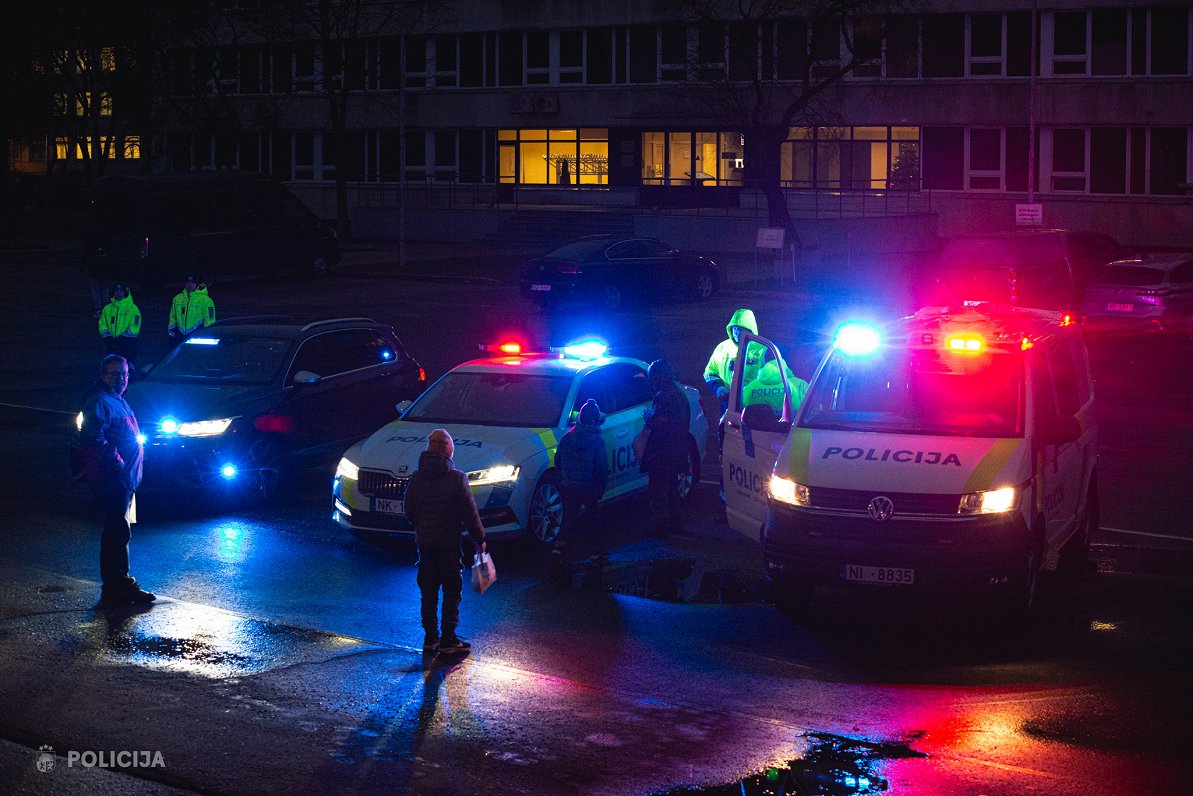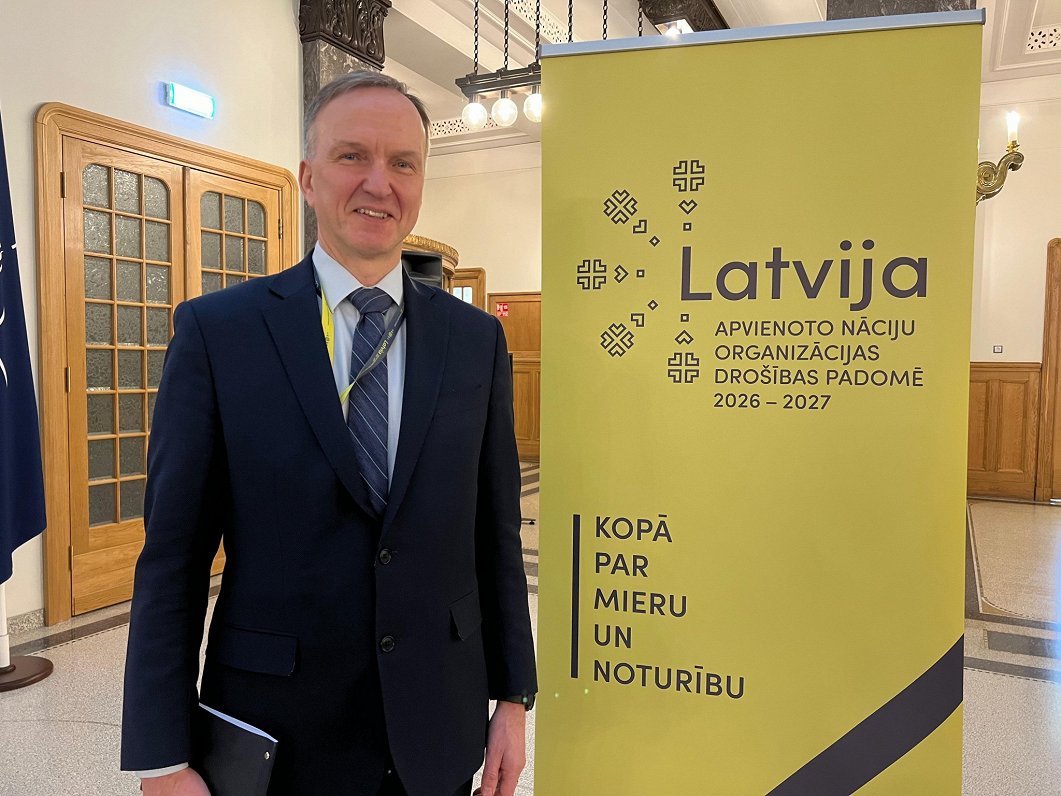The mechanism for temporary protection against violence works, but needs to be improved. This is the conclusion of the Ombudsman’s Office in its analysis of case law, Latvian Television reported on December 10.
There are around a thousand cases a year where a family member seeks protection from violence, and the trend is upwards. On Tuesday, at a discussion organized by the Ombudsman’s Office, all stakeholders acknowledged that there is still a lack of cooperation between the authorities, which remains a major obstacle to providing full assistance.
The system is working and the mechanism for temporary protection against violence is widely used, the Ombudsman’s Office concludes. However, an analysis of 1,630 cases from 2021 and 2022 also reveals several shortcomings. Some of them are related to insufficient information of the parties involved, and some to the need for changes in the legislation.
“If in situations where temporary protection against violence has also been requested in court on a weekend or on a Friday afternoon, it was only considered after the weekend, then, understanding that temporary protection must be immediate, must be effective, it is therefore really necessary to look very seriously, to discuss whether improvements are also needed,” said Deputy Ombudsman Ineta Piļāne.
Another conclusion is that there is still not enough cooperation between the authorities, even though this has been discussed for years.
The need for cooperation between courts, and state and local authorities, especially in regions with a high number of cases of violence under the influence, is also one of the recommendations highlighted in this study. Both the judiciary and the police agree.
“More conversations with the authorities, just talking to the police, talking to the social services, talking to the orphanage court, to raise awareness and find the best solutions. This is the most important thing for the state to be able to protect a person,” said Kristine Vanaga, Deputy President of the Zemgale District Court.
“Cooperation must be improved, cooperation between police and courts, cooperation between police, social services. And so on, involving absolutely all cooperation partners, bringing them to the same table,” said Iveta Valaine, spokesperson for the State Police.
The Ombudsman’s Office pointed out that more discussions among professionals in the field are expected in relation to the findings of the study.
There are around a thousand applications for protection against domestic violence every year.





